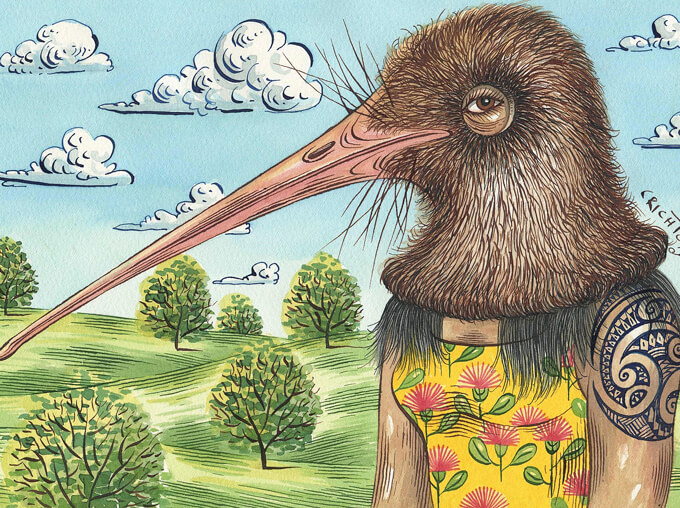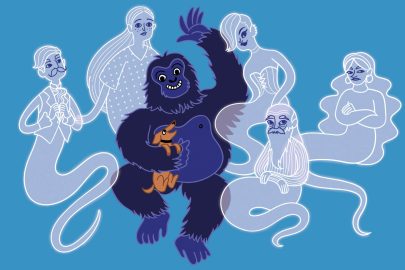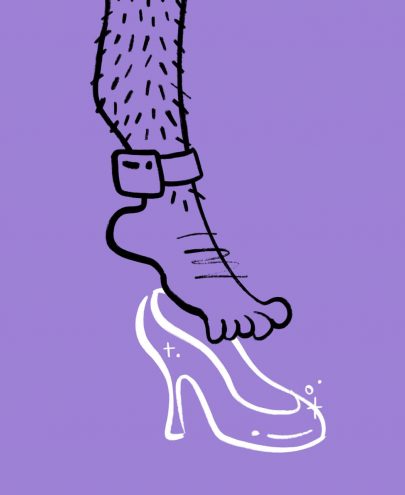Jun 8, 2017 etc
It’s an innocuous question, or a subtle accusation, depending on who’s asking — or the day I’m having. I might say, what do you mean, exactly? Do you mean in Auckland? Or do you mean where my parents are from? (Do you mean to ask why I’m brown?) Or I might just cut to the chase: I’ll say I’m half-Samoan and half-Palagi. Is that what you were after? Or I’ll say my village is Vaito’omuli, Palauli, in Savai’i, because you’re Samoan, too, and you’re wanting to know my surname, and trying to figure out if we’re somehow related, or if your dad knows my dad. Or maybe you just want to test me to see how Samoan I really am.
I was born here, but the only time I think to say, “I’m from New Zealand”, is when I’m not in New Zealand. To say in New Zealand that I’m from New Zealand is to troll the person asking the question. Because we both know that’s not what they mean. I’ve watched friends refuse to read between the lines, to say in rebellion they are from here. Daring, forcing the next question to be clumsily spluttered, “No, but where are you really from?” “Yeah, I’m from New Zealand.”
An awkward stalemate, if you can enjoy revelling in the uncomfortable. If you can be bothered. It used to puzzle me. Wasn’t that some kind of rejection of their heritage? Weren’t they proud of where they or their parents came from? Their history? Growing up, I was taught to be proud of being Samoan, so I would always jump at the opportunity to explain, to represent. But my passport doesn’t say “Samoa”, it says “New Zealand”. And yet, here I am, explaining my existence.
Ask any person of colour how they approach that question, compare notes, and you’ll find any number of similar strategies. We are weary and wary of it, we adapt the answer as we go, and are as defiant as whatever our energy for that day allows.
Sometimes the question is truly searching for a connection, an effort to find common ground. And other times we have a gut instinct about something we know, but can never quite prove. It comes from years of unofficial field research, of being asked the same kind of question by the same kind of people, and decoding its meaning.
The words might be, “Where are you from?” but the data reads, “You don’t look like you’re from here.” “You don’t belong here.” “Why are you here?”
This is published in the May – June 2017 issue of Metro.
Get Metro delivered to your inbox

/MetromagnzL @Metromagnz @Metromagnz






